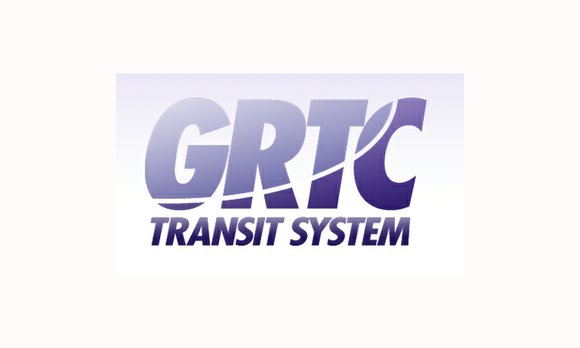Proposed city budget includes $900,000 boost for GRTC
Jeremy M. Lazarus | 3/16/2018, 7:06 a.m.
As construction is taking place on Richmond’s new bus rapid-transit system, City Hall is proposing to boost the GRTC subsidy to cover operating losses after July 1.
The proposed two-year spending plan Mayor Levar M. Stoney delivered to Richmond City Council last week included a $900,000 increase in the bus company’s subsidy for the 2018-19 fiscal year that begins July 1.
The increase would push GRTC’s subsidy from about $14.2 million in the current budget year to $15.1 million in the upcoming budget year, if City Council approves it.
According to GRTC, that sum includes about $380,000 to support bus rapid-transit operations, known as GRTC Pulse, for a year and cover the increased cost of health insurance for transit employees.
GRTC spokeswoman Carrie Rose Pace said the increase also includes $250,000 to enable GRTC to continue to provide reduced fares for seniors, minors and individuals with certain disabilities, and $271,680 to pay for the mayor’s proposal to offer free bus passes for students at the city’s public high schools.
The budget plan the mayor submitted provided no explanation on how the funding increase for GRTC was to be used nor did it provide any information on the cost of the free bus pass program. It also showed the senor discount was being eliminated but did not state that the money was being included in the subsidy increase.
Separately, GRTC plans to put up $100,000 to match a $100,000 grant from the Bon Secours Health System to pay for improvements to bus stops in the city’s East End.
GRTC plans to receive public input before deciding which of the 173 bus stops in Church Hill and Fulton are to be improved with new shelters, benches and trash cans.
On other fronts, Rosemary Green, interim director of the city Department of Public Utilities, clarified information the mayor provided in the budget about utility rate changes.
In a briefing to City Council Monday, Ms. Green said residential customers no longer would pay a flat $4.04 for each 100 cubic feet or 748 gallons used. Instead, if council approves the budget, the department would shift on July 1 to a conservation approach.
Residential customers would be charged $2.58 for the first 400 cubic feet used each month (2,992 gallons) and $5.11 for each additional cubic foot used, she said.
Ms. Green said the average residential customer uses about 600 cubic feet per month, and would save $3.70 on the current charge for water.
She indicated the total utility bill would be changed only slightly because the department also is proposing to increase the cost for natural gas service by 3.5 percent, or about $1.61 per month for the average customer.
At best, the average residential customer might see a reduction of $2.09 a month on the cost of utility services, including water, sewage and gas.







